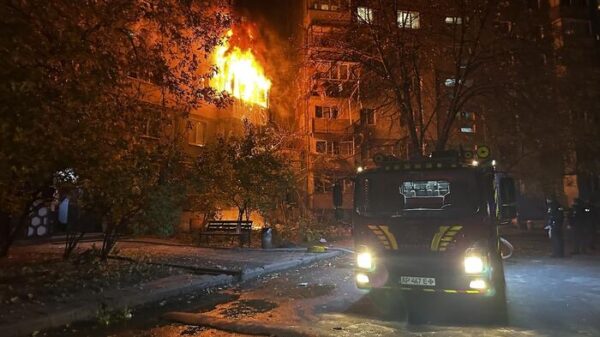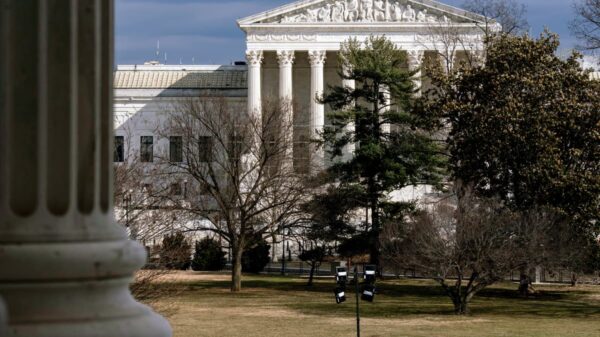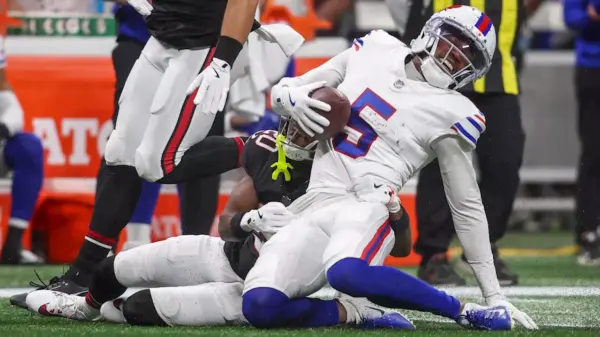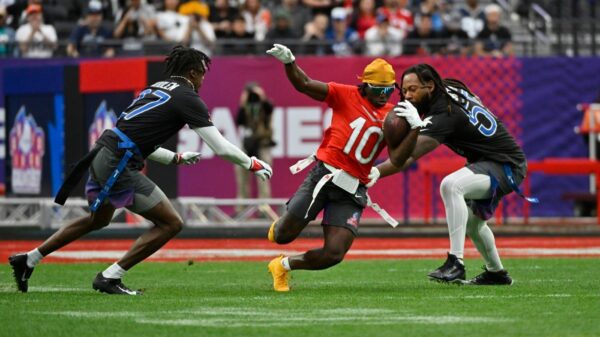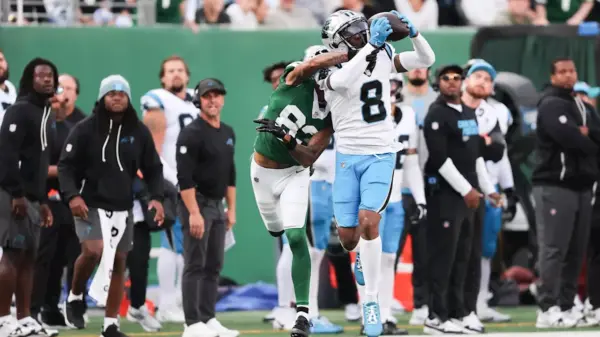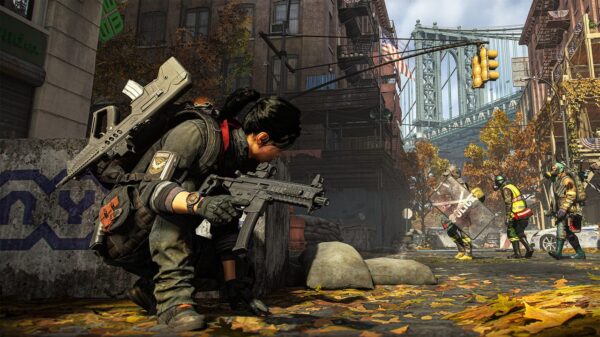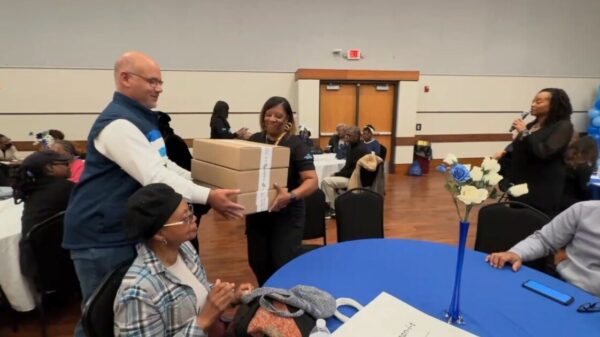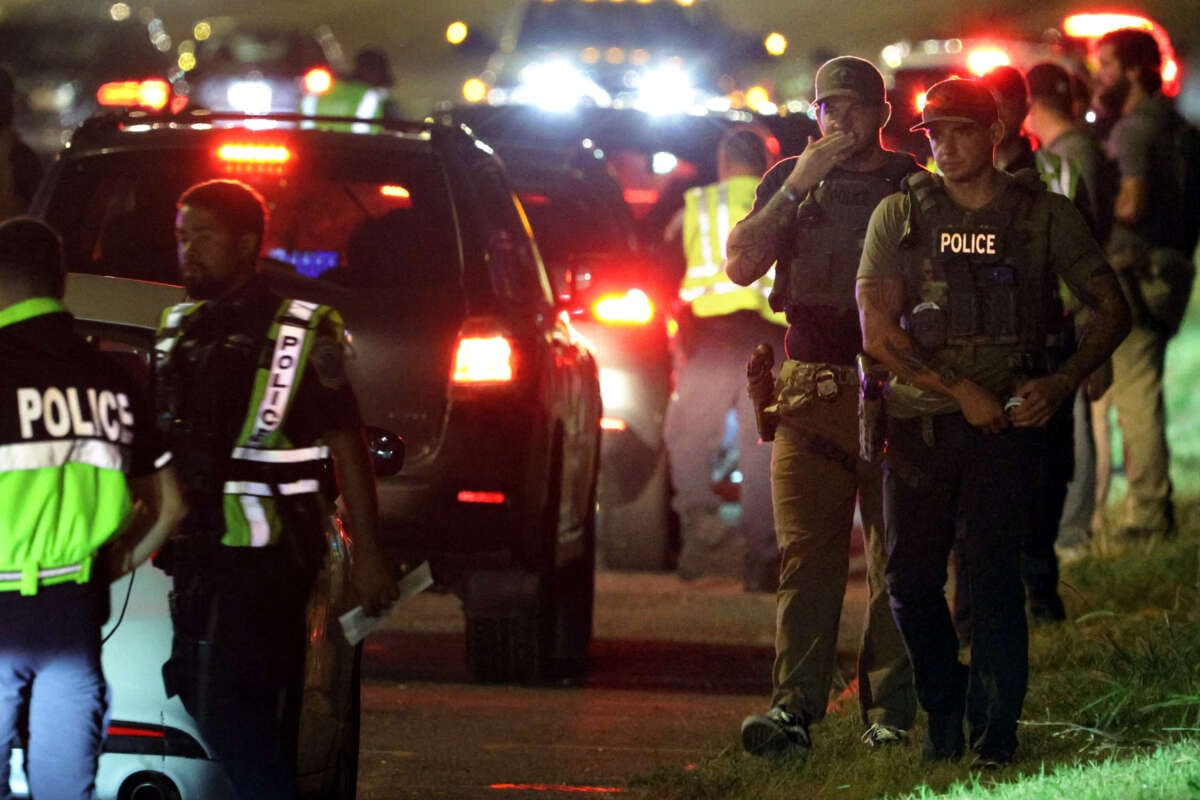The recent deployment of National Guard troops and federal agents in Washington, DC, has raised serious concerns among judges and defense attorneys regarding the tactics employed by law enforcement. These officials warn that local residents are facing unfair charges that could lead to lengthy prison sentences.
In a notable case, US Magistrate Judge Zia Faruqui expressed disbelief while dismissing weapons charges against Maryland resident Torez Riley. The judge characterized Riley’s search as “without a doubt the most illegal search I’ve ever seen in my life.” Faruqui commented on the troubling nature of the search, suggesting that law enforcement targeted Riley primarily due to his race and his carrying what appeared to be a heavy backpack.
“I’m absolutely flabbergasted at what has happened,” Faruqui stated. He emphasized that even a high school student would recognize the search as illegal. The Department of Justice agreed to drop the charges after body camera footage revealed that officers conducted the search without probable cause. Yet, Faruqui lamented the fact that Riley had already spent a week in custody.
“We don’t just charge people criminally and then say, ‘Oops, my bad,’” he remarked. The judge further noted that his court had frequently taken the unusual step of suppressing search warrants used against suspects, rendering them inadmissible in court.
Recent reports from NPR and The New York Times highlight the difficulties the government faces in substantiating charges following Trump’s crackdown in DC. For instance, a federal felony charge against Mark Bigelow, a 28-year-old Amazon delivery driver, stemmed from an incident where he allegedly assaulted law enforcement during his arrest for a minor offense involving an open container of alcohol.
According to court filings, Bigelow became belligerent while handcuffed and kicked an ICE agent. The resulting federal charges carry a maximum penalty of eight years in prison. Elizabeth Mullin, Bigelow’s public defender, argued that he would not have faced such serious charges if not for the increased federal presence in the capital. “He was caught up in this federal occupation of DC,” she stated.
In another instance, federal prosecutors adjusted the charges against Sidney Lori Reid, who was accused of assaulting an FBI agent during a protest against immigration policies. After failing three times to convince a grand jury to bring felony charges, the prosecution opted to refile the case as a misdemeanor. Attorneys Tezira Abe and Eugene Ohm highlighted the grand jury’s refusal to indict as evidence of significant weaknesses in the government’s case.
“The US attorney can try to concoct crimes to quiet the people, but in our criminal justice system, the citizens have the last word,” they stated. They expressed eagerness to present the misdemeanor case to a jury and to clear Reid’s name swiftly.
As law enforcement strategies continue to come under scrutiny, judges and defense attorneys are increasingly vocal about the implications of these tactics on the local population. The ongoing discourse around these cases raises pressing questions about the balance between public safety and civil rights in the current political climate.


















